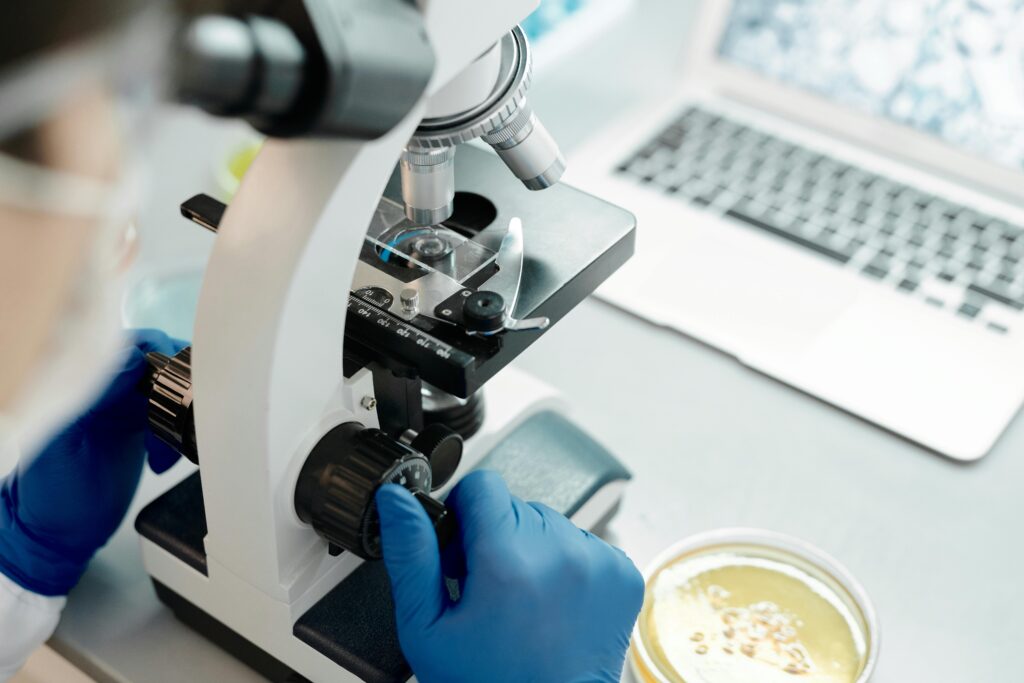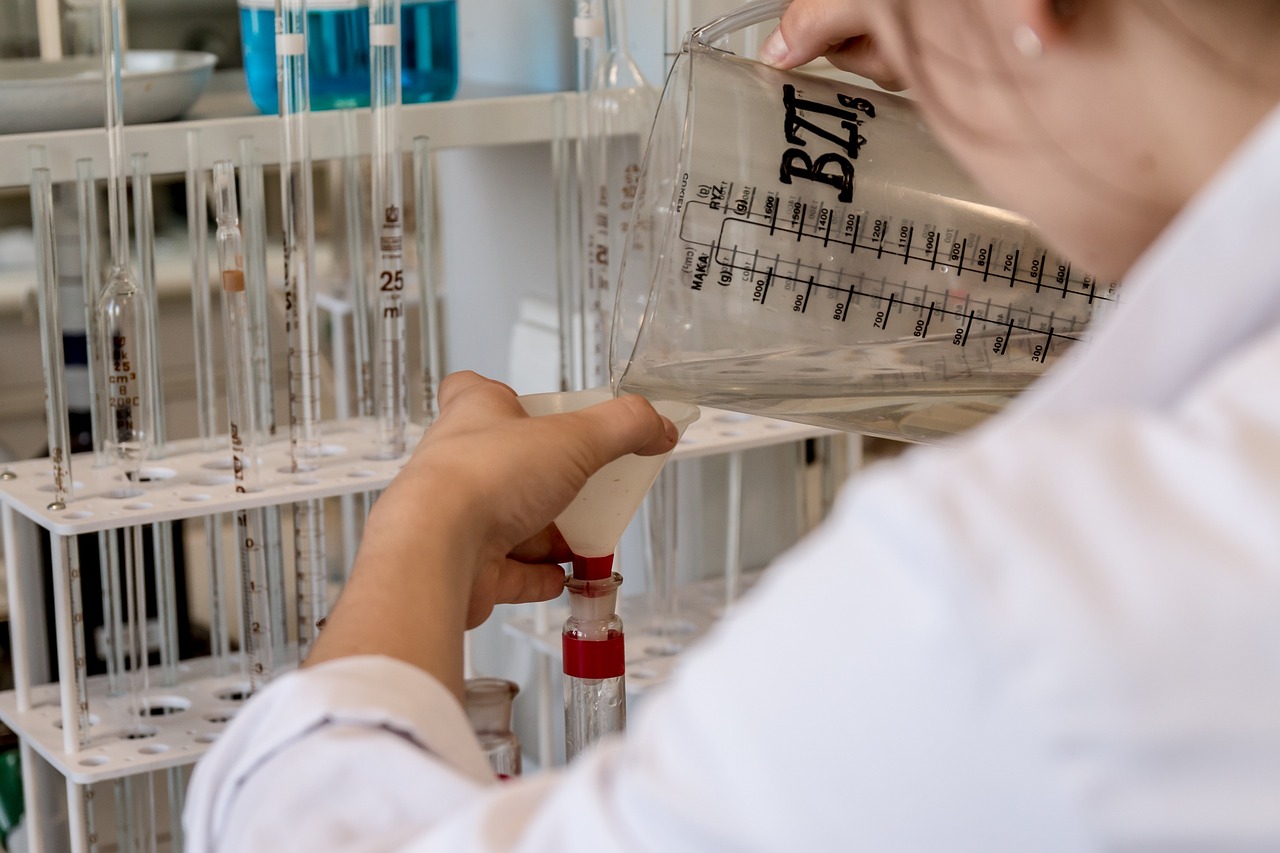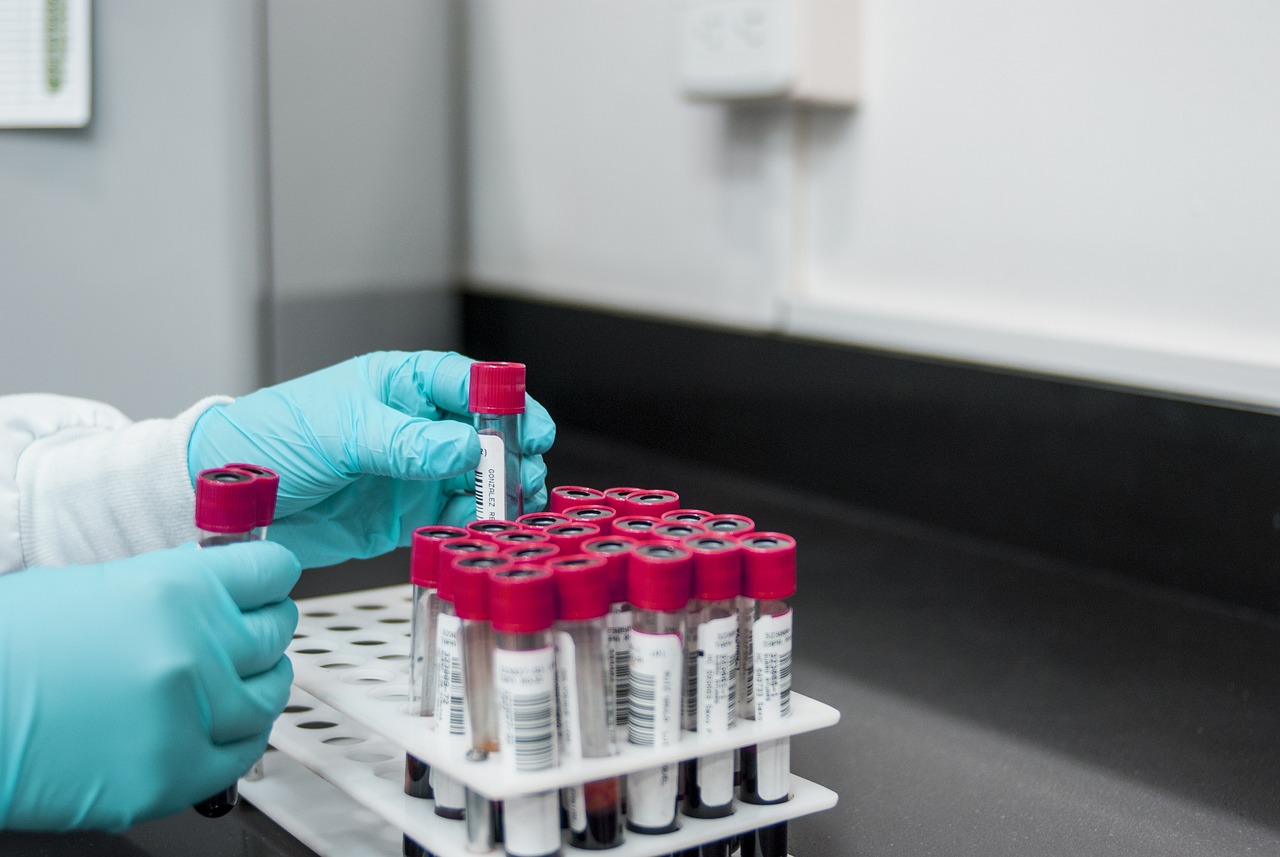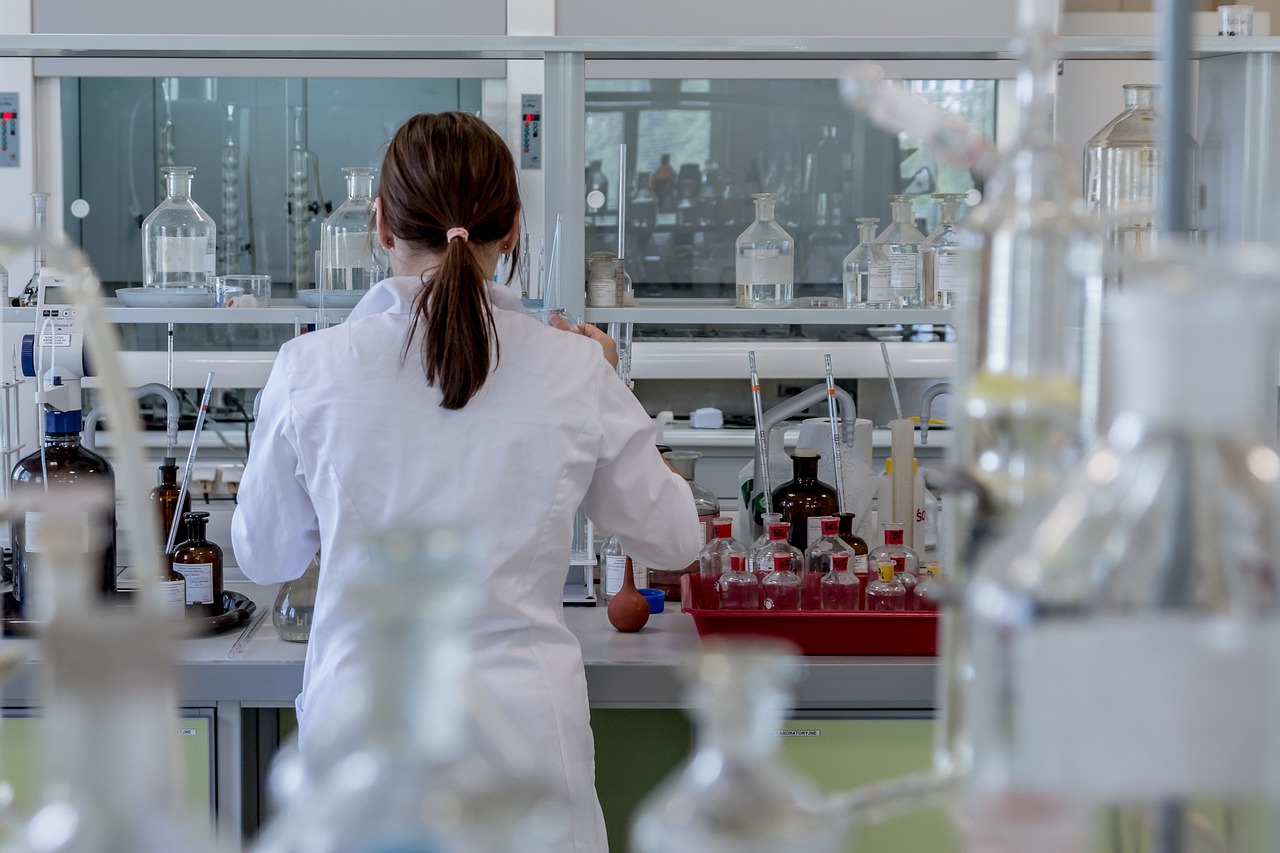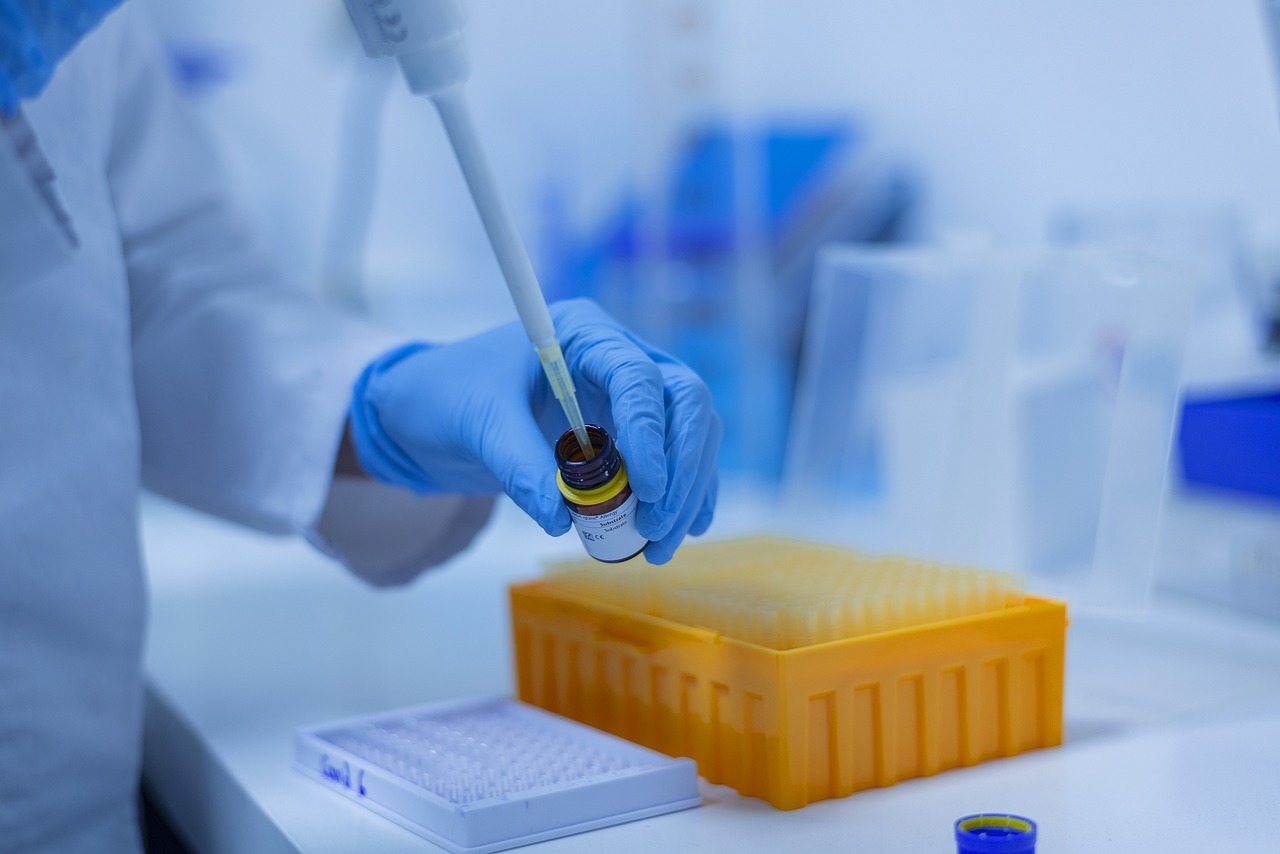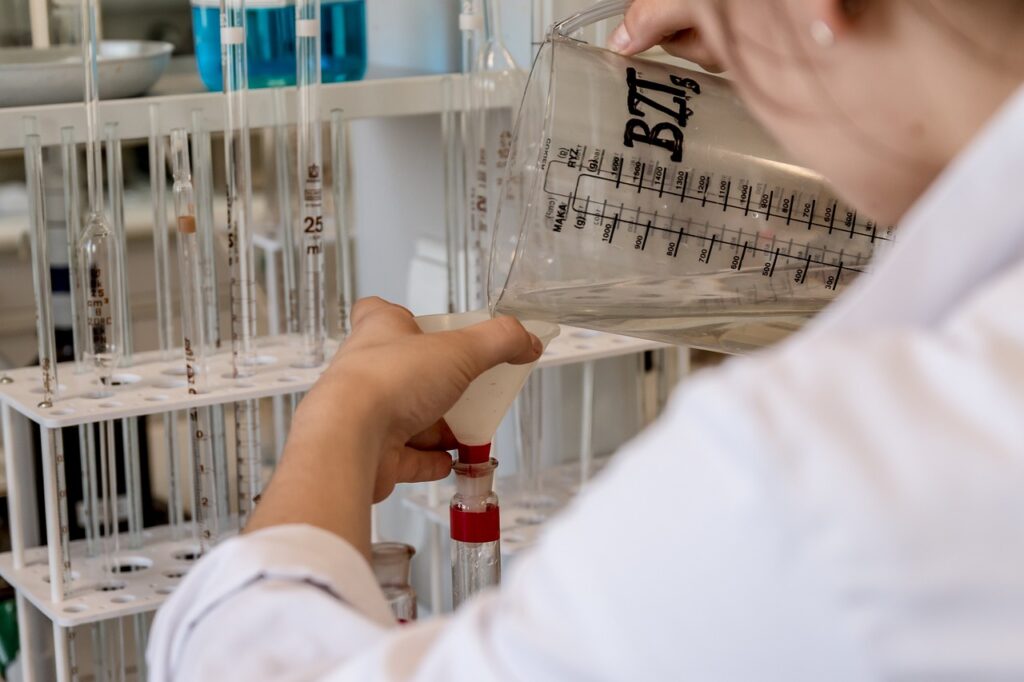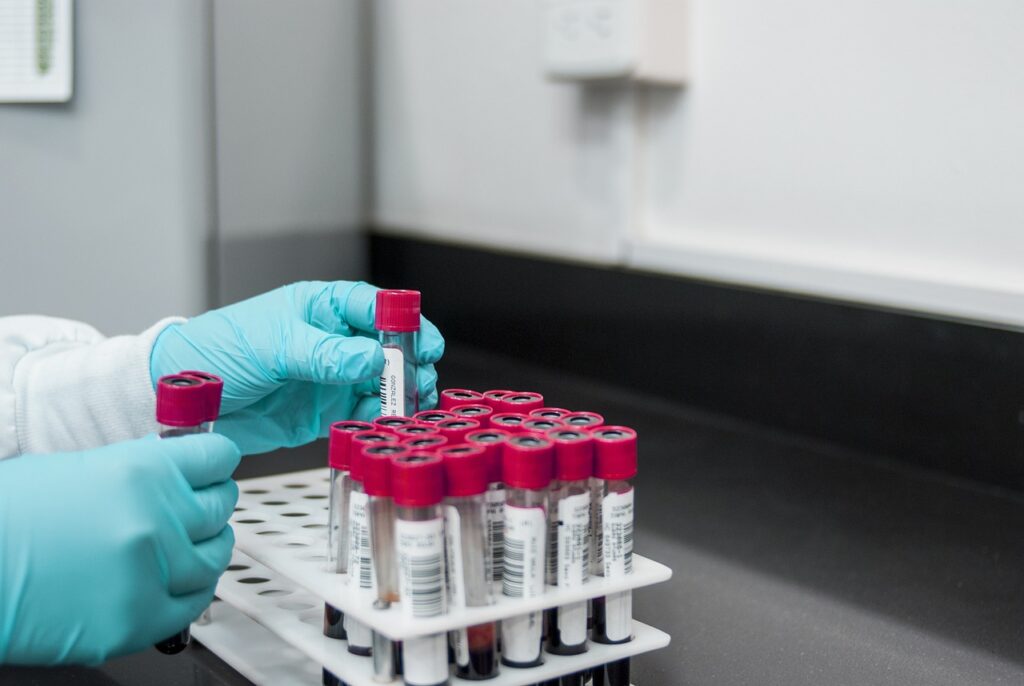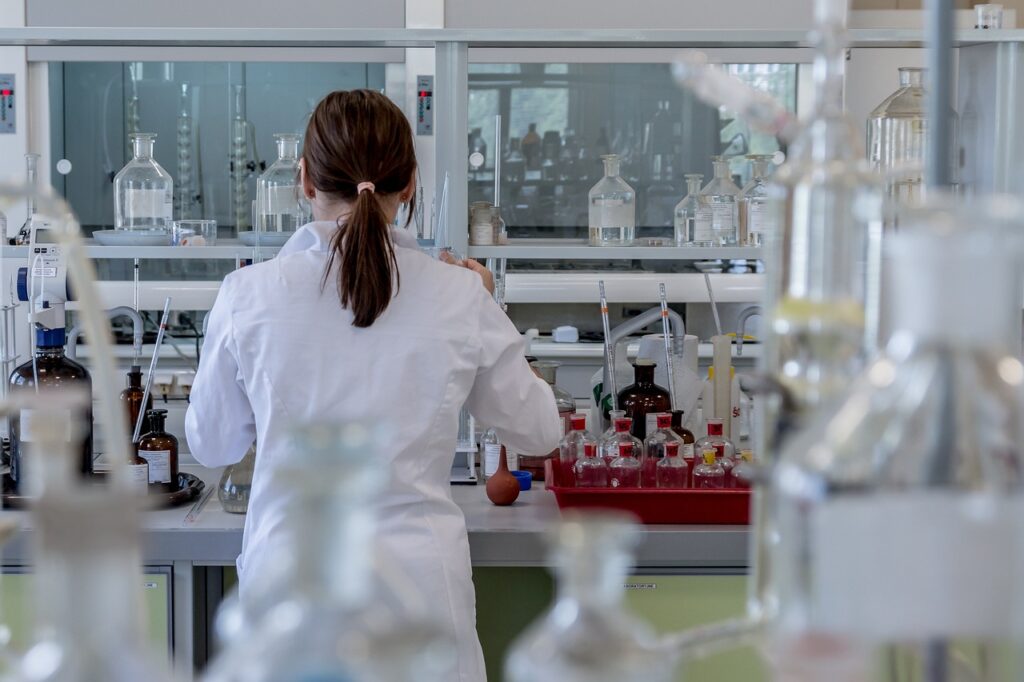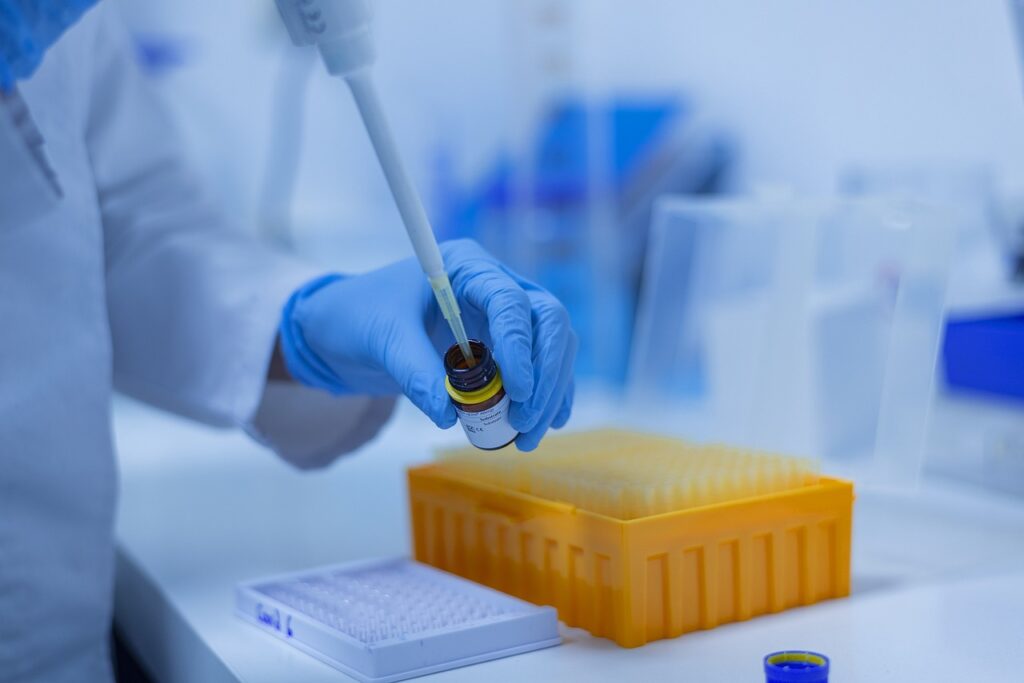In today’s dynamic food production and consumption realm, allergen control measures have emerged as indispensable pillars of safety and responsibility. Food allergies and intolerances are becoming more common among customers, which has brought corporate concerns to the forefront of these initiatives. Growing public knowledge of the potentially dangerous effects of allergen exposure has increased pressure on the food sector to establish and adhere to strict guidelines. Allergen management must be the top operational priority at every node in the complex web of the food supply chain, whether they are large industrial facilities or busy restaurant kitchens. This group’s commitment goes beyond simple compliance; it is a basic duty to safeguard consumer health and foster confidence in the goods that end up on their tables.
The food sector is coming under more and more pressure to maintain the integrity of its products as consumer awareness of allergens grows. More than ever, consumers are knowledgeable and actively search for information on allergens and carefully read labels to identify any potential hazards. It is therefore more important than ever for food producers, processors, and distributors to uphold the highest standards. Every stage of the supply chain, from obtaining raw materials to delivering the finished product, has a part to play in carefully controlling allergens. Businesses demonstrate their commitment to customer safety and transparency while also reducing health risks by giving priority to allergy control procedures at every level.
The food sector is coming under more and more pressure to maintain the integrity of its products as consumer awareness of allergens grows. More than ever, consumers are knowledgeable and actively search for information on allergens and carefully read labels to identify any potential hazards. It is therefore more important than ever for food producers, processors, and distributors to uphold the highest standards. Every stage of the supply chain, from obtaining raw materials to delivering the finished product, has a part to play in carefully controlling allergens. Businesses demonstrate their commitment to customer safety and transparency while also reducing health risks by giving priority to allergy control procedures at every level.
Understanding Allergen Control Measures
Allergen Control Measures forms a comprehensive framework of protocols and practices meticulously designed to thwart allergen cross-contact and contamination across every stage of the food production continuum. Thorough planning, firm adherence to regulatory standards, clear and consistent communication, and careful continuing monitoring serve as the cornerstones of these procedures. Food businesses meet their critical responsibility to provide products of unquestioned safety and integrity while also reducing the risk of allergic reactions in susceptible persons by putting strong allergen control methods in place.
The Significance of Allergen Control Measures
Millions of individuals worldwide suffer from food allergies, which can cause everything from little discomfort to potentially fatal reactions. Common allergens that cause problems for those with sensitivity include peanuts, tree nuts, eggs, milk, soy, wheat, fish, and shellfish. Allergen control is essential to the safety of food since allergens, even in trace amounts, can cause severe reactions.
Ensuring Regulatory Compliance
Strict criteria for allergy control in food production facilities are mandated by regulatory organizations globally. According to these standards, allergenic substances must be thoroughly labeled, allergy control plans must be established, and preventive steps must be taken to reduce cross-contact. It is imperative that businesses adhere to these standards, as noncompliance may lead to legal consequences and harm to their brand.
Implementing Allergen Control Measures in Food Production
Facility Design and Layout
The structure and design of food production facilities provide the basis of efficient allergy control. It’s crucial to keep allergen-containing and non-allergenic products separate, handle allergies with specialized equipment, and label storage spaces with unambiguous markings. Furthermore, limiting the possibility of cross-contact is achieved by designating specific manufacturing lines or distinct production schedules for items free of allergens.
Staff Training and Education
For every employee handling or producing food, proper education and training are essential. Workers need thorough training on allergy identification, handling techniques, and cleanliness standards in addition to an understanding of the importance of allergen control measures. Staff personnel are kept aware and proactive in preventing allergy contamination through regular refresher sessions.
Robust Cleaning and Sanitation Protocols
Observing strict cleanliness and sanitation guidelines is essential for managing allergens. It is necessary to thoroughly clean surfaces, utensils, and equipment in order to remove any residue of allergenic proteins. Cross-contact risk is further decreased by using allergen-specific cleaning products and verified cleaning techniques. Swab tests and regular sanitation audits assist determine areas for improvement and verify the effectiveness of cleaning practices.
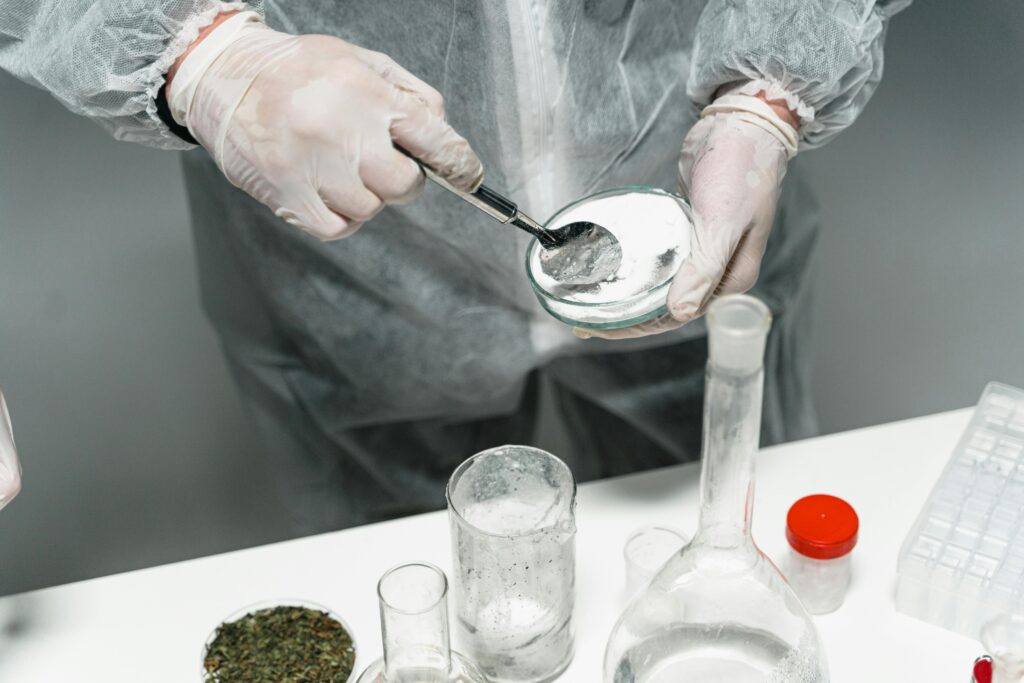
Allergen Testing and Verification
Food allergen testing functions as an essential instrument for confirming the efficacy of allergen management methods. Highly sensitive and accurate analytical techniques like polymerase chain reaction (PCR) and enzyme-linked immunosorbent assay (ELISA) make it possible to identify allergenic proteins in food samples. Frequent testing of environmental surfaces, completed goods, and raw materials yields important information for determining the effectiveness of allergen control procedures and locating possible sources of contamination.
Supplier Management and Ingredient Control
Working closely with suppliers is crucial to guaranteeing the security of components and raw materials. Food makers need to set strict guidelines for components that contain allergens and carry out extensive supplier audits to evaluate adherence to allergen control regulations. By putting in place a strong policy for supplier approval, food safety is improved overall by reducing the possibility of obtaining tainted or incorrectly labeled ingredients.
The Role of Technology in Allergen Control
Technological developments have brought about a revolution in allergy control strategies by providing novel approaches to detection, tracking, and traceability. Real-time food sample analysis is made possible by automated allergy detection devices that are incorporated into production processes, improving accuracy and efficiency. Furthermore, blockchain technology makes transparent supply chain management possible, enabling customers to easily verify allergen information and track down the source of products.
Conclusion
In conclusion, Allergen Control Measures are indispensable in ensuring consumer safety and building trust in the food industry. Technology breakthroughs have transformed allergy control strategies by providing cutting-edge approaches to detection, tracking, and traceability. Food samples can be analyzed in real time, improving accuracy and efficiency, thanks to automated allergen detection devices that are linked into production processes. Furthermore, consumers may easily check allergen information and track the origins of products thanks to blockchain technology’s facilitation of transparent supply chain management.

